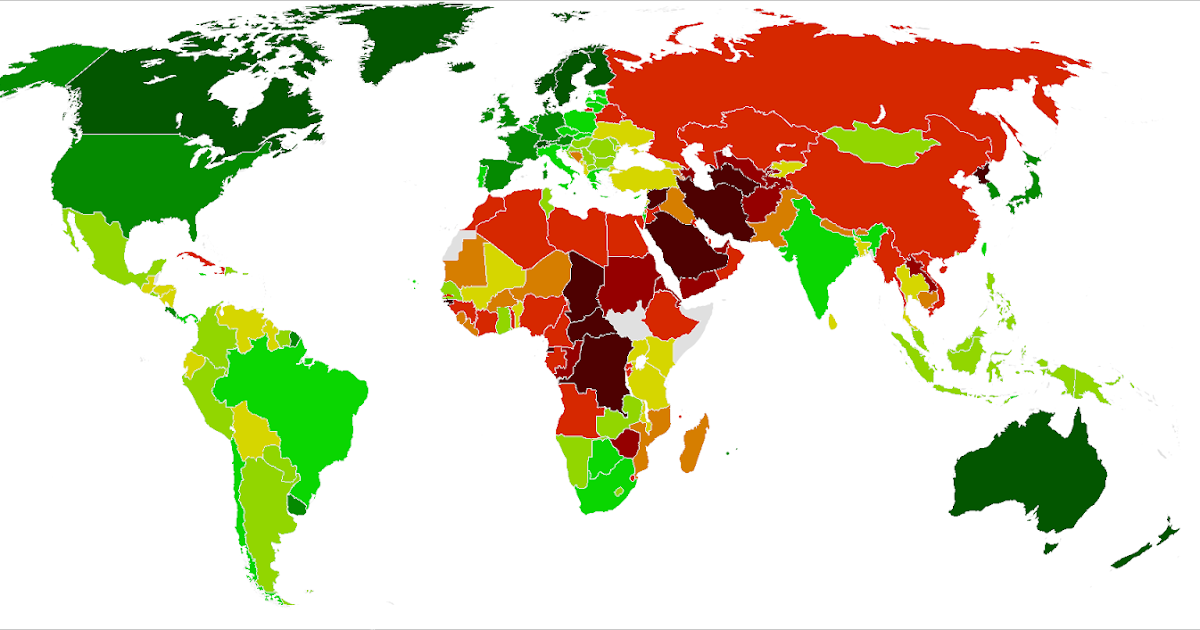In the contemporary global landscape, democracy remains a cornerstone of political governance, characterized by principles of representation, participation, and accountability. However, the state of democracy worldwide is a complex and evolving phenomenon, influenced by a multitude of factors ranging from economic conditions to social movements and technological advancements. This article provides an informative overview of the current state of democracy across the globe, examining key trends, challenges, and prospects for the future.
Democratic Trends and Patterns
Democracy, traditionally defined as a system of government by the whole population, typically through elected representatives, has seen varied implementation across different regions. While some countries have robust democratic institutions, others grapple with autocratic tendencies and political instability.
Established Democracies
Countries like the United States, Canada, and many Western European nations are often cited as examples of established democracies. These nations generally feature strong institutions, regular free and fair elections, and a high degree of political freedom and civil liberties. However, even in these democracies, there are concerns about political polarization, voter disenfranchisement, and the influence of money in politics.
Emerging Democracies
In regions such as Eastern Europe, Latin America, and parts of Asia and Africa, many countries are classified as emerging democracies. Nations like India, Brazil, South Africa, and Indonesia have made significant strides in democratic governance, though they continue to face challenges such as corruption, political violence, and economic inequality. The transition from authoritarian rule to democratic governance in these regions underscores the dynamic and often tumultuous nature of democratization.
Authoritarian and Hybrid Regimes
Despite the global spread of democratic ideals, authoritarian and hybrid regimes persist. Countries like China, Russia, and North Korea maintain strict control over political processes, limiting political pluralism and curtailing civil liberties. In hybrid regimes, such as Turkey and Venezuela, democratic institutions exist but are undermined by autocratic practices, including electoral fraud, media censorship, and the suppression of political opposition.

Key Challenges to Democracy
The state of democracy worldwide is influenced by several key challenges that threaten its stability and effectiveness.
Political Polarization
One of the most significant challenges is political polarization, which has intensified in many democracies. In the United States, for example, the ideological divide between Democrats and Republicans has led to legislative gridlock and eroded public trust in democratic institutions. Similarly, in Europe, the rise of populist movements has polarized societies, challenging the traditional political order.
Economic Inequality
Economic inequality poses another substantial threat to democracy. When wealth and resources are concentrated in the hands of a few, it undermines the principle of political equality. Disparities in economic power can lead to unequal political influence, where affluent individuals and corporations have a disproportionate impact on policy decisions. This dynamic is evident in countries like Brazil and South Africa, where economic inequality fuels social unrest and weakens democratic governance.
Technological Disruption
The advent of digital technology has transformed the political landscape, offering both opportunities and challenges for democracy. On one hand, social media platforms have democratized access to information and facilitated civic engagement. On the other hand, they have also enabled the spread of misinformation, cyberattacks on electoral systems, and the manipulation of public opinion. The role of technology in democracy is a double-edged sword that requires careful regulation and oversight.
Erosion of Civil Liberties
The erosion of civil liberties is another pressing concern. In many countries, governments have enacted laws that restrict freedom of speech, assembly, and the press under the guise of national security or public order. The COVID-19 pandemic has exacerbated this trend, with some governments using emergency powers to curtail civil liberties and suppress dissent. This erosion of rights weakens the foundation of democratic governance and threatens individual freedoms.
Prospects for the Future
Despite these challenges, there are reasons for cautious optimism about the future of democracy worldwide. Several factors contribute to this hopeful outlook.
Youth Engagement
The engagement of young people in political processes is a promising sign for the future of democracy. Across the globe, youth-led movements have emerged, advocating for issues such as climate change, social justice, and political reform. In countries like Chile and Hong Kong, young activists have played a pivotal role in pushing for democratic change. The energy and innovation of the younger generation are vital for revitalizing democratic systems.
Global Cooperation
International cooperation and support for democratic governance are also crucial. Organizations such as the United Nations, the European Union, and various non-governmental organizations (NGOs) work to promote democratic values and practices worldwide. Initiatives like election monitoring, capacity-building programs, and advocacy for human rights help strengthen democratic institutions and processes in emerging democracies.
Technological Innovation
While technology poses challenges, it also offers opportunities for enhancing democracy. Innovations in digital governance, such as e-voting and blockchain-based voting systems, have the potential to increase transparency and reduce electoral fraud. Additionally, technology can facilitate greater citizen participation through online platforms for public consultation and deliberation. Harnessing the positive aspects of technology can help address some of the current challenges facing democracy.
Institutional Reforms
Finally, institutional reforms are essential for the resilience and adaptability of democratic systems. Reforms aimed at increasing transparency, accountability, and inclusivity can help restore public trust in democratic institutions. For example, measures to combat corruption, improve electoral integrity, and ensure equal representation can strengthen the democratic fabric. In countries like Tunisia and Myanmar, efforts to build and reform democratic institutions are ongoing, demonstrating the potential for positive change.
Conclusion
The state of democracy worldwide is a multifaceted and evolving phenomenon. While established democracies continue to face challenges such as political polarization and economic inequality, emerging democracies strive to consolidate their gains amidst various obstacles. Authoritarian and hybrid regimes present a stark contrast, highlighting the ongoing struggle for democratic governance in many parts of the world.
Despite these challenges, there are reasons for optimism. Youth engagement, global cooperation, technological innovation, and institutional reforms offer pathways to strengthen and revitalize democratic systems. As the world navigates the complexities of the 21st century, the commitment to democratic values and principles remains crucial for ensuring a more just, equitable, and inclusive global society.




